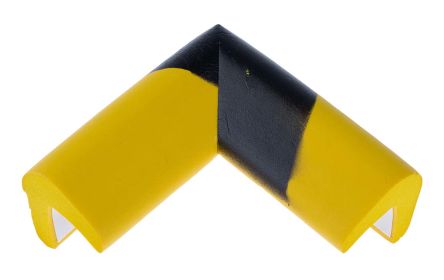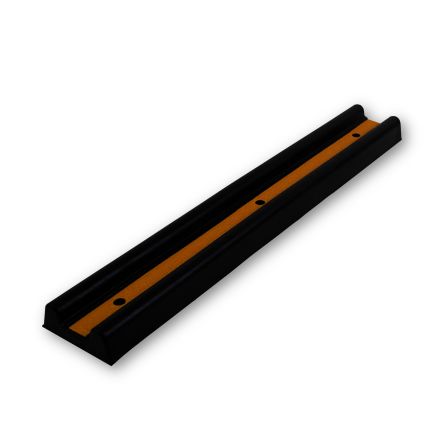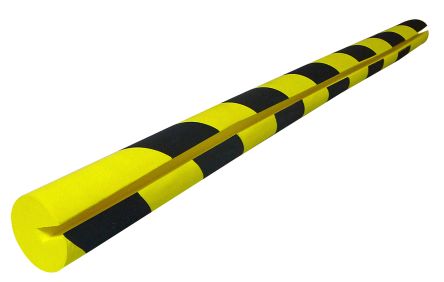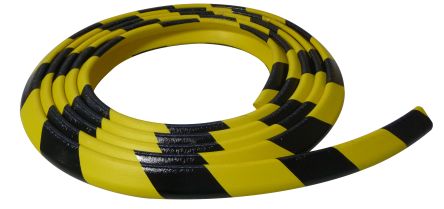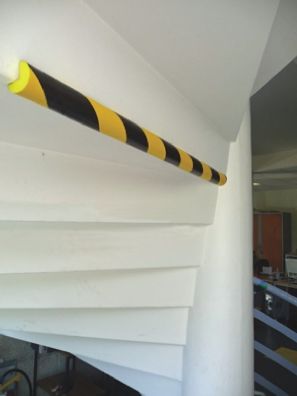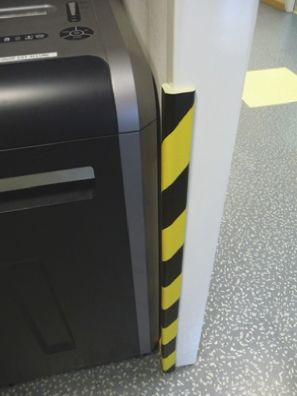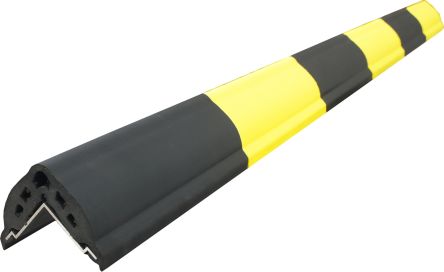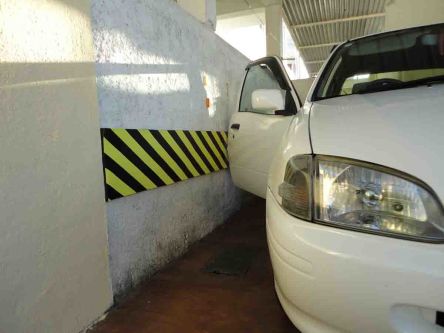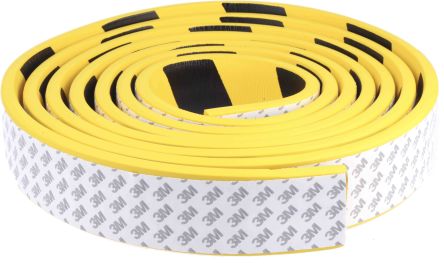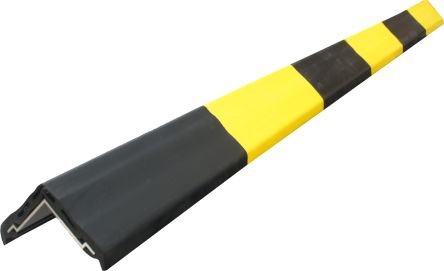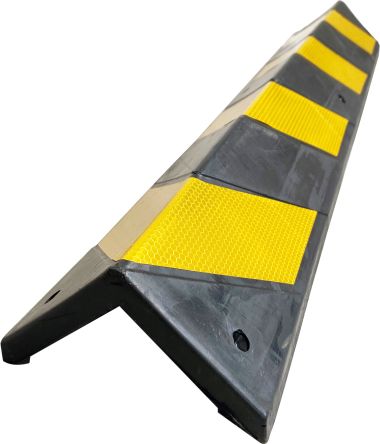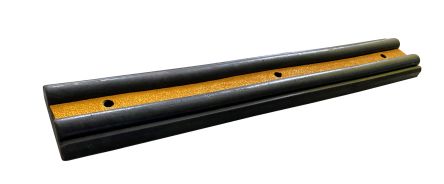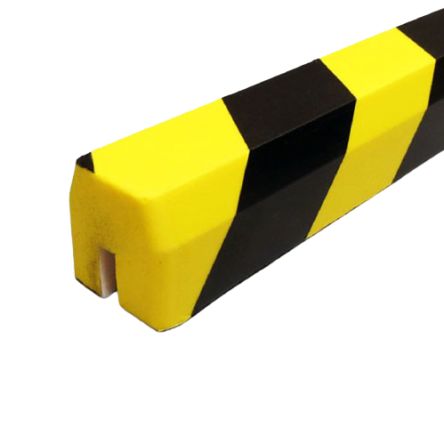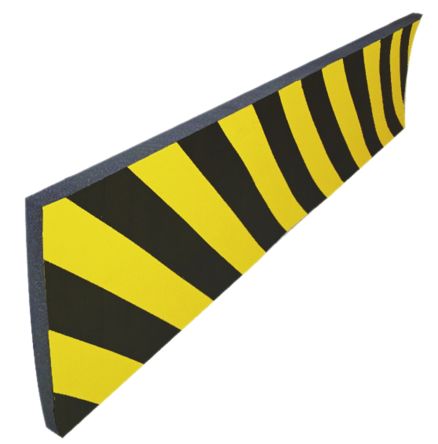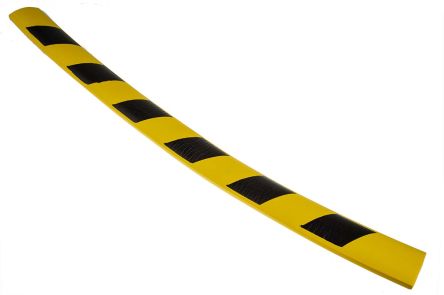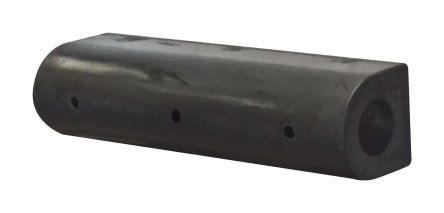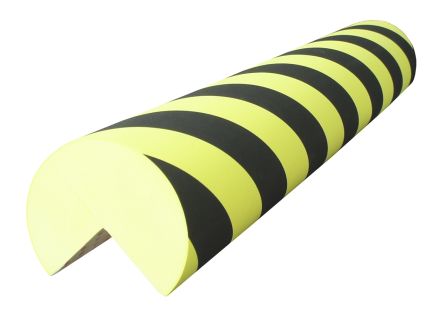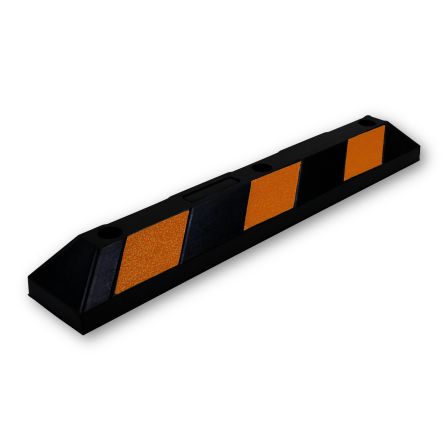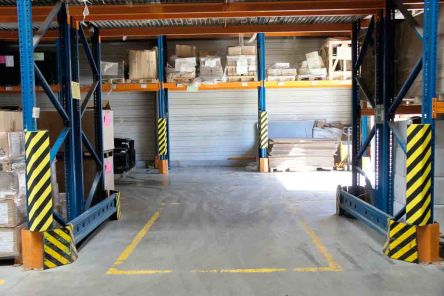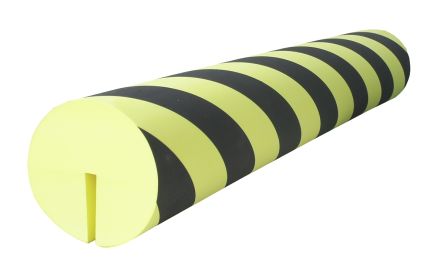- Automation & Control Gear
- Cables & Wires
- Enclosures & Server Racks
- Fuses & Circuit Breakers
- HVAC, Fans & Thermal Management
- Lighting
- Relays & Signal Conditioning
- Switches
- Batteries & Chargers
- Connectors
- Displays & Optoelectronics
- ESD Control, Cleanroom & PCB Prototyping
- Passive Components
- Power Supplies & Transformers
- Raspberry Pi, Arduino, ROCK, STEM Education & Development Tools
- Semiconductors
Impact Protectors
Impact protectors include several quick and easy methods of corner and edge protection. Examples include foam or plastic buffers and shock absorbers, rubber edging tape, and adhesive bump protection strips. They're ideal for use on all types of surfaces, walls, doorways, sills, corners and angles.
The best impact protectors to buy for a given zone or application will depend mainly on what location they’re being installed in, and what sorts of knocks or bumps you're aiming to protect against in that area.
What sorts of environments are impact protectors best used in?
Affixing impact protectors is a simple, cost-effective and widely used solution for guarding people, equipment, surfaces or installations from various types of bumps, knocks and scrapes. Depending on which format you buy, they can be installed on flat surfaces or along corners and angles to give the best protection in high-traffic areas.
Heavy duty impact protectors are especially suitable for use in docks, farms and outbuildings, warehouses, factories, industrial areas, parking facilities, or any busy/communal locations around job sites, homes and workplaces. More robust versions may require the use of fixings such as anchors or bolts, while lighter-duty products can often be self-adhesive.
What materials are available when choosing impact protectors?
Popular and effective materials used for our wide selection of buffers, bumpers, impact protectors and shock absorbers include moulded rubber, polyurethane, EVA (ethylene-vinyl acetate) foam, PVC, and various sorts of tapes and adhesive strips. M4 fire classification is widely available, and many types of impact protector are designed to be oil, petrol, acid and grease resistant.
Solid bumpers are often sold with either rounded or square corners, and protective tapes are offered in different materials and colours for more effective high-visibility use in specific zones. Rubber tape can also be squared or rounded, and is often double-faced, backed with strong adhesives for easier installation on most surfaces. (Additional glues and fixing agents may be recommended for use on certain materials, such as concrete.)
